Proudly Queer: Discover eight exciting artists from the LGBTQIA+ community
by Manu SharmaJun 20, 2024
•make your fridays matter with a well-read weekend
by Manu SharmaPublished on : Feb 14, 2024
About Face: Stonewall, Revolt, and New Queer Art is a major hardcover publication by Monacelli Press, set to be released on February 28, 2024. The book draws from the hugely successful 2019 exhibition of the same name that was curated by Jonathan D. Katz, Associate Professor of Practice, History of Art and Gender, Sexuality and Women’s Studies at the University of Pennsylvania in Philadelphia. The book and the exhibition begin with the Stonewall Riots in 1969, which are widely considered to have been the birth of the gay rights movement in the United States. Katz is the book’s editor and has achieved significant acclaim as an American activist, writer, art historian and educator. He joins STIR to add insight to this book review by exploring some of the diverse practices About Face features.
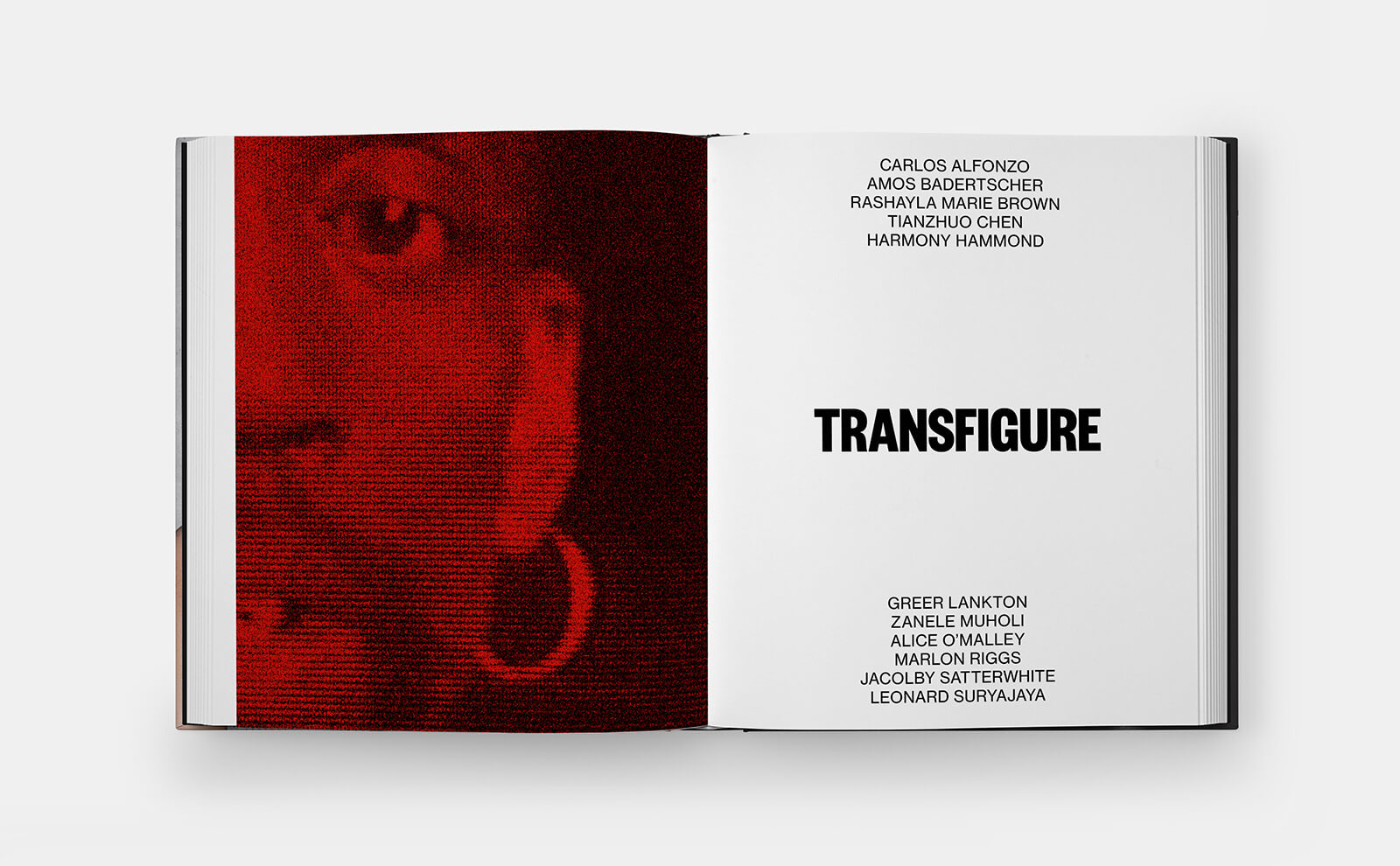
The book is divided into five sections, each of which includes “trans'' in their title: Transgress, Transfigure, Transpose, Transform, and Transcend. These chart out a journey from the Stonewall Riots to today, exploring the shifting objectives of the queer movement, as it has been expressed through the rich art and photography that LGBTQIA+ artists have produced.
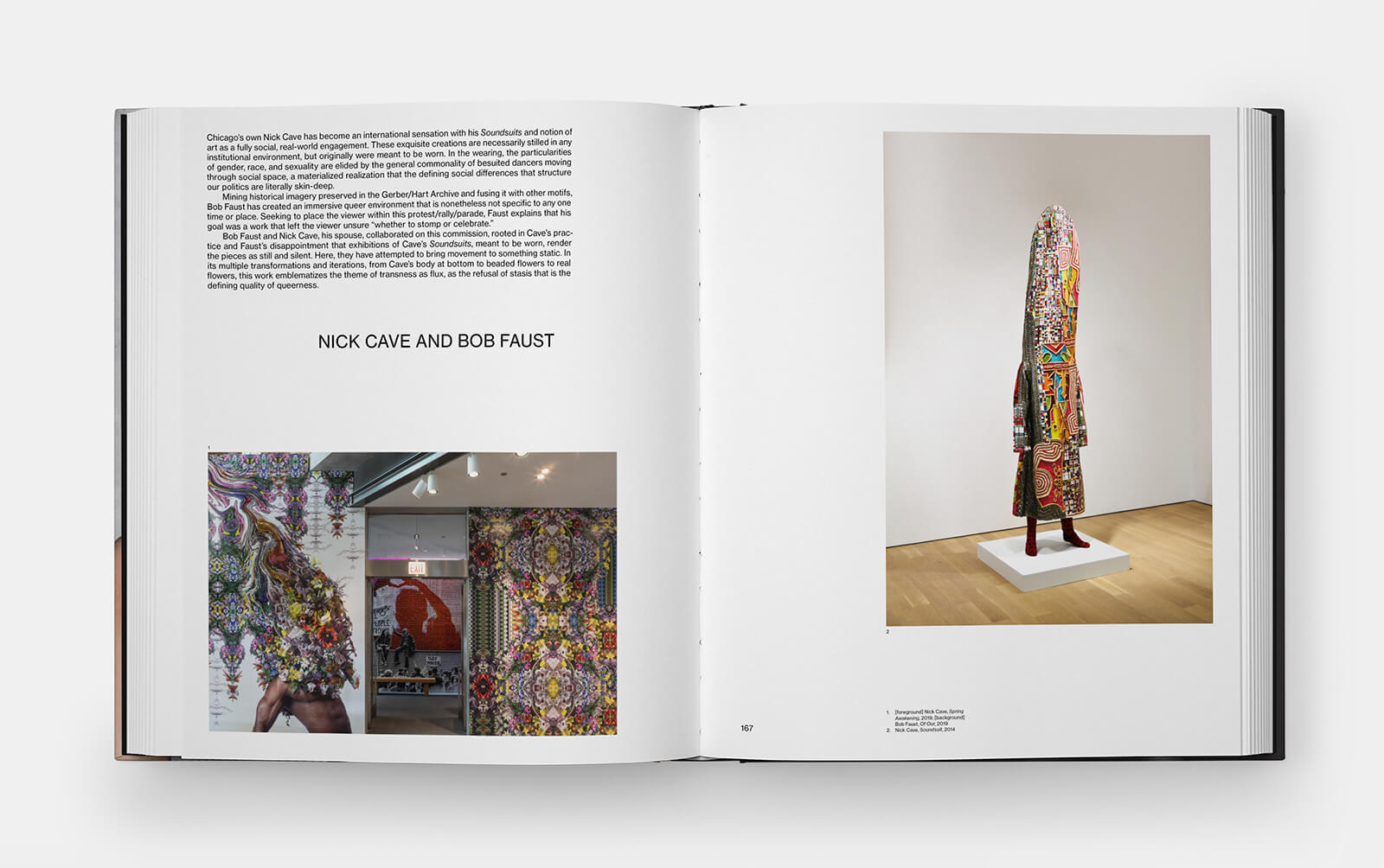
The practices included in About Face hail from across the world, including American artist and photographer Peter Hujar, Indian painter Bhupen Khakhar, Canadian artist Attila Richard Lukacs, Cuban painter Carlos Alfonzo, and many others. As Katz mentions in the book’s introduction, “What every work selected for inclusion in About Face thus sought was to push the viewer out of the familiar, to offer a series of imaginative journeys into other logics and realities beyond the categorical imperatives we know…”
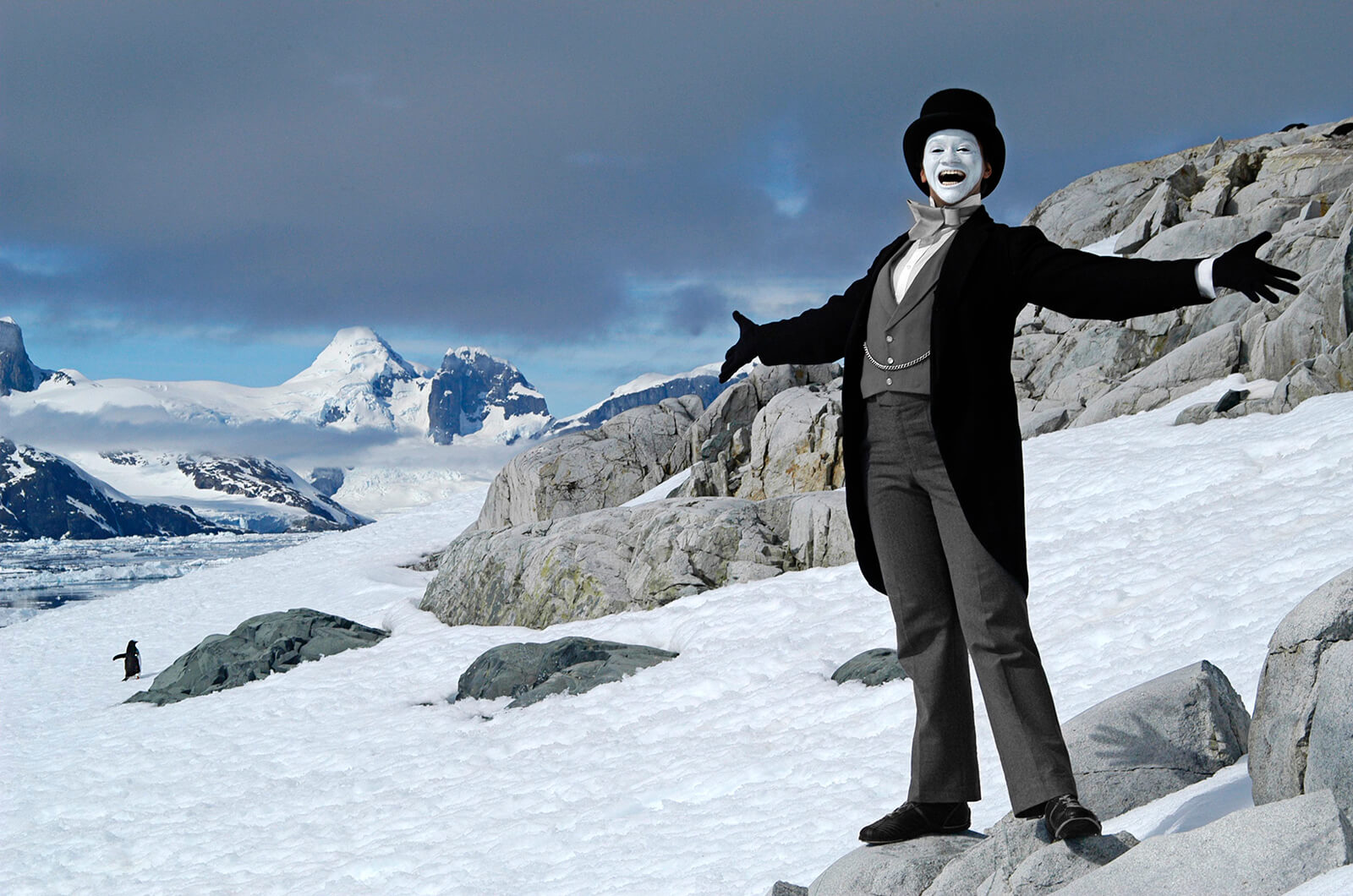
African American collage artist Ralph Arnold stands out among the many artists featured in About Face. Collage is a medium that tends to channel the popular consciousness of the Pop era, and Arnold used cutouts from magazines, newspapers and other forms of mass media from the ‘60s and ‘70s, to pose questions of race and sexuality in a rather fascinating way: it was his omission, obfuscation and outright erasure of black and brown bodies that spoke volumes of the American cultural zeitgeist of the time. Katz regards this conspicuous absence of coloured folx within many of Arnold’s works, telling STIR, "I read Arnold's omission or obfuscation of black and brown bodies to be an ironic iteration or reflection of dominant American media culture of the time, one which spoke to an American public conceived exclusively after the model of that culture's dominant voices. In promoting a consumer ideal so distant from his embodiment and experience, Arnold makes textured the manifold occlusions of a monoculture that claimed pluralism, but produced only exclusion.”
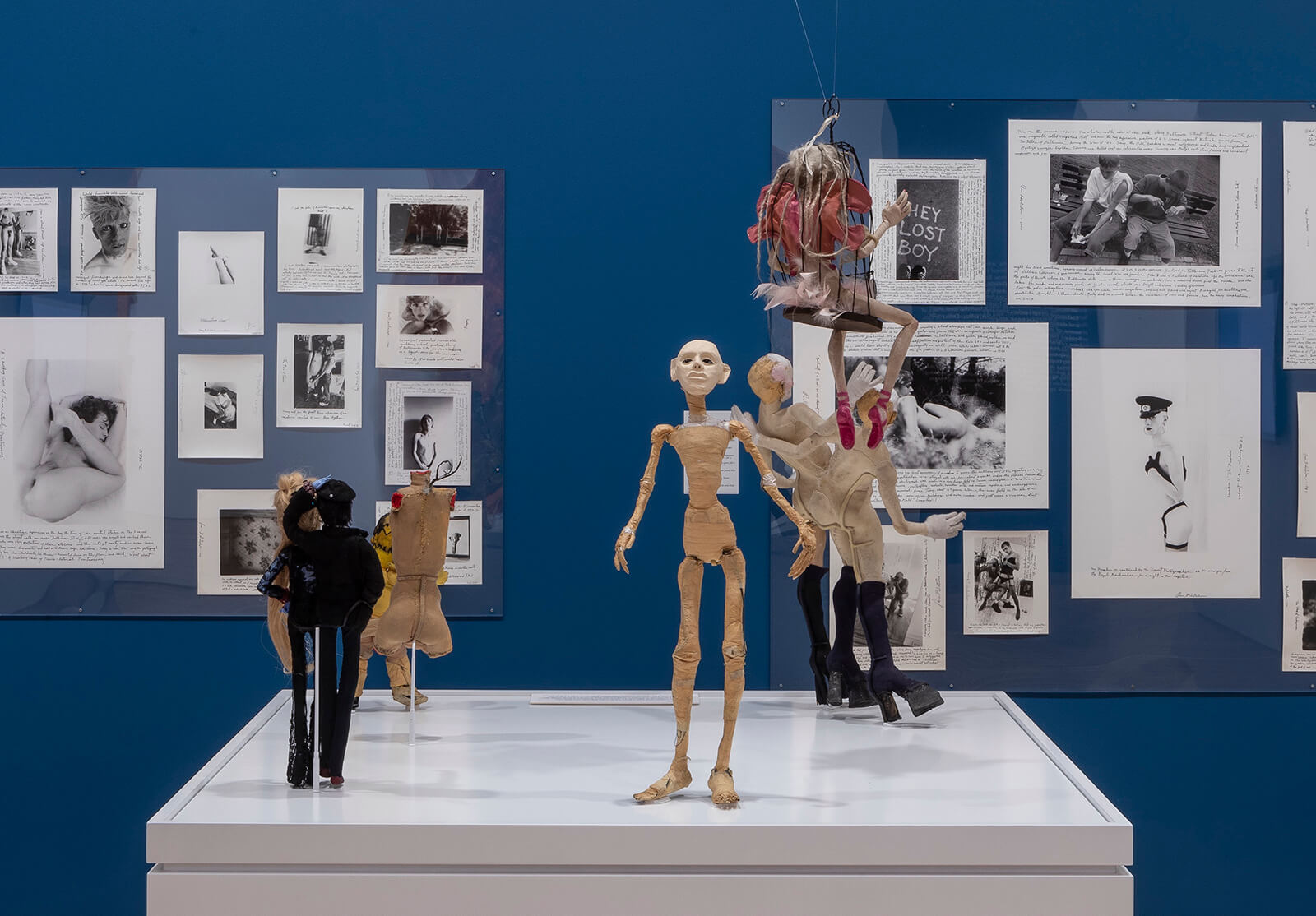
Equally interesting is the work of American artist and dollmaker Greer Lankton. Lankton possessed an interest in dolls ever since her childhood as a boy who was often the target of bullying for his perceived femininity. The artist began gender-confirmation surgery at the age of 21, and soon after, began producing dolls as art objects. Her works played with scale extensively, and often carried a profound sense of sorrow and hollowness that treads well into the eerie. Katz interprets the artist’s play with scale as an attempt to enforce a bodily relationship within her art, telling STIR, “We either want to pick it up like we do a doll, or confront the larger works as if they are other people sharing our space.” Lankton’s works were very much grounded within the struggles of the trans community, which Katz highlights within his reading of her work. In Katz’s words, “For a culture for whom either invisibility or overt discrimination was the norm, this seduction of the viewer's physical being was an act of affirmative recognition and attention. Trans lives were alternately ignored or spectacularised, but both processes share othering, marking transness off as foreign and not like us. Lankton's art bridges that othering, inducing a desire to touch and play with that which was previously ignored or feared.”
We either want to pick it up like we do a doll, or confront the larger works as if they are other people sharing our space. – Jonathan D. Katz
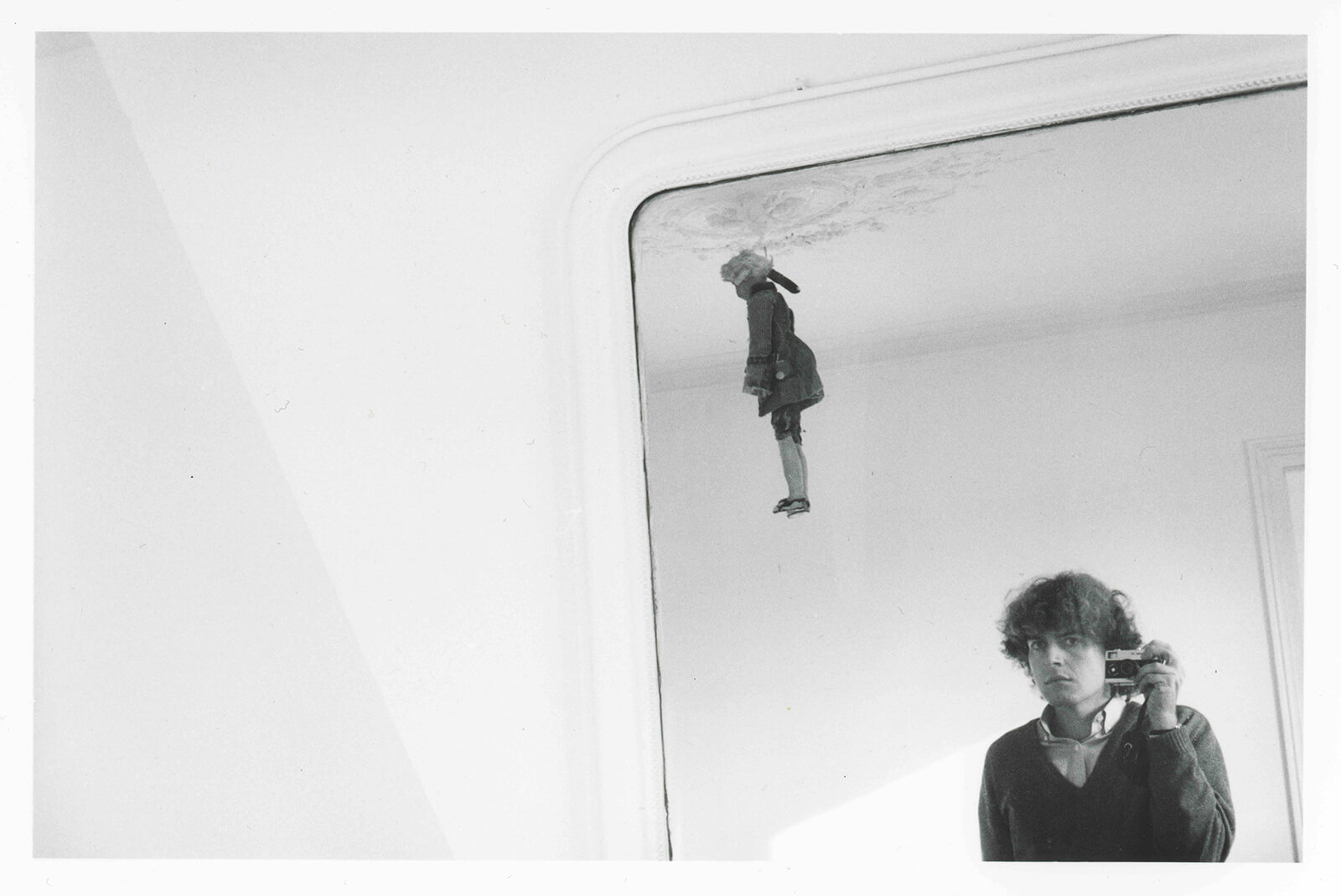
While Arnold and Lankton are but two among the eclectic body of practices that are included in About Face, their works set a compelling precedent for a deeper engagement with queer art, which as the publication will soon reveal to readers, is patently subversive and layered. The book’s imminent release is timely, given the unprecedented historical crossroads we are currently at. As the global movement for queer rights has led to greater gender equality and acceptance of sexual identities in certain parts of the world, so too has the increased visibility of the LGBTQIA+ community caused an unprecedented backlash in others. The present moment sets the stage perfectly for About Face, ensuring its relevance and urgency for readers.
by Maanav Jalan Oct 14, 2025
Nigerian modernism, a ‘suitcase project’ of Asian diasporic art and a Colomboscope exhibition give international context to the city’s biggest art week.
by Shaunak Mahbubani Oct 13, 2025
Collective practices and live acts shine in across, with, nearby convened by Ravi Agarwal, Adania Shibli and Bergen School of Architecture.
by Srishti Ojha Oct 10, 2025
Directed by Shashanka ‘Bob’ Chaturvedi with creative direction by Swati Bhattacharya, the short film models intergenerational conversations on sexuality, contraception and consent.
by Asian Paints Oct 08, 2025
Forty Kolkata taxis became travelling archives as Asian Paints celebrates four decades of Sharad Shamman through colour, craft and cultural memory.
 surprise me!
surprise me!
make your fridays matter
SUBSCRIBEEnter your details to sign in
Don’t have an account?
Sign upOr you can sign in with
a single account for all
STIR platforms
All your bookmarks will be available across all your devices.
Stay STIRred
Already have an account?
Sign inOr you can sign up with
Tap on things that interests you.
Select the Conversation Category you would like to watch
Please enter your details and click submit.
Enter the 6-digit code sent at
Verification link sent to check your inbox or spam folder to complete sign up process



by Manu Sharma | Published on : Feb 14, 2024
What do you think?